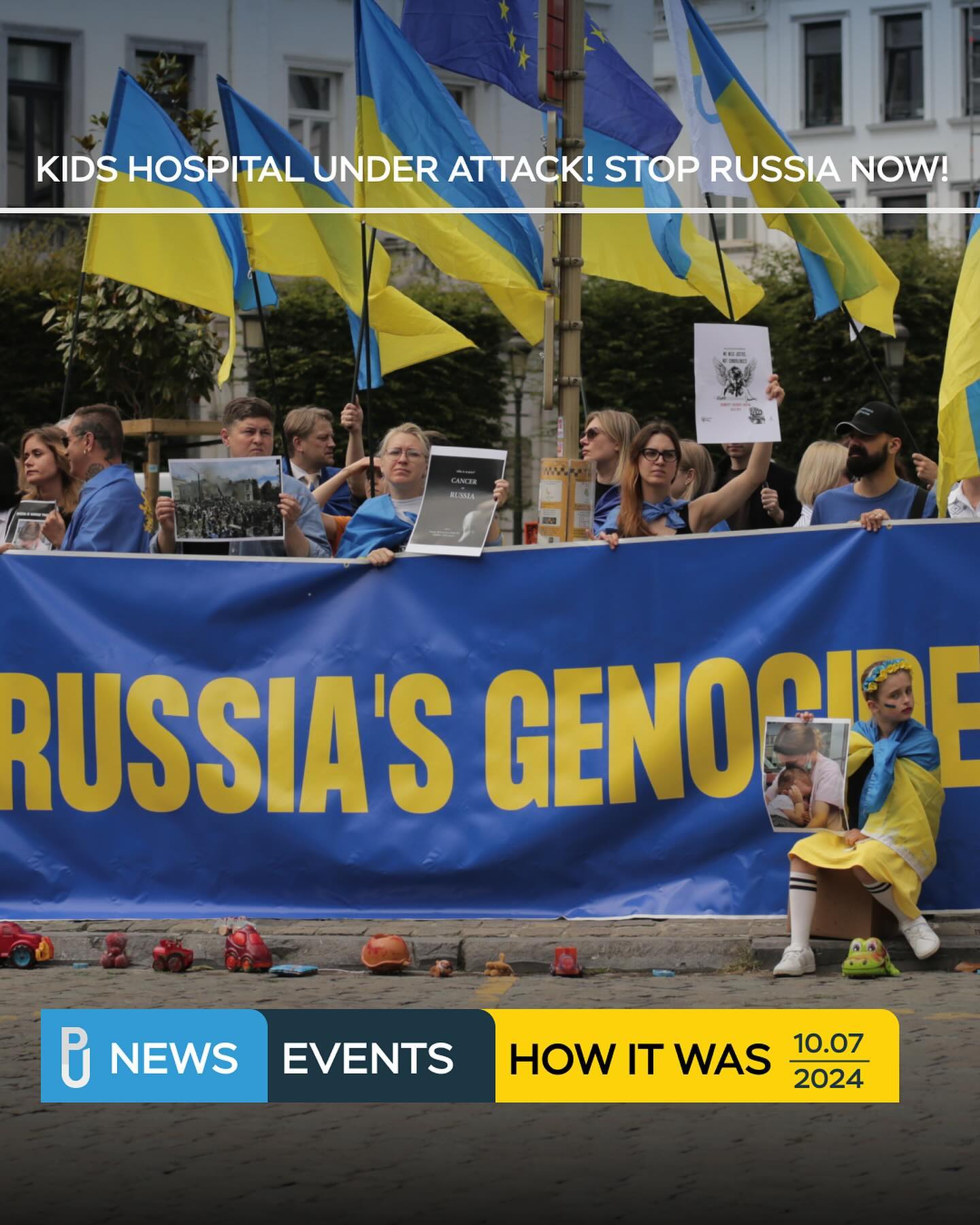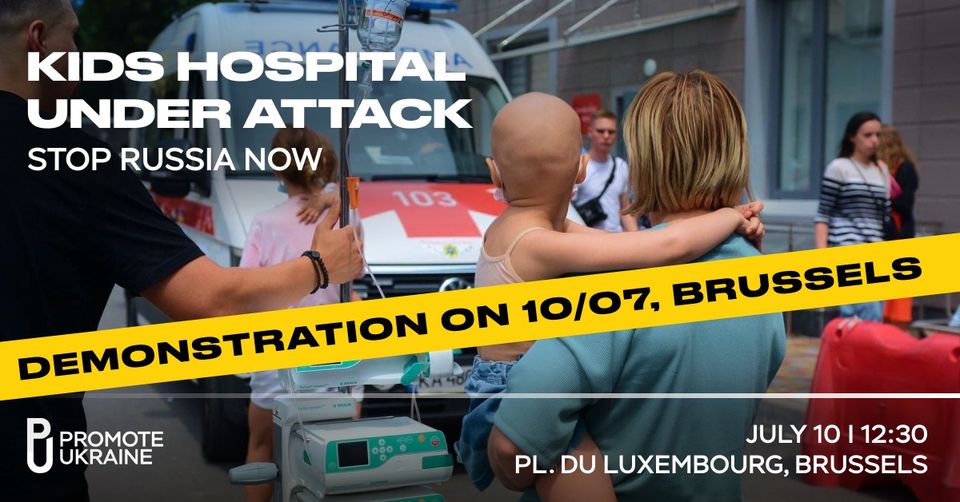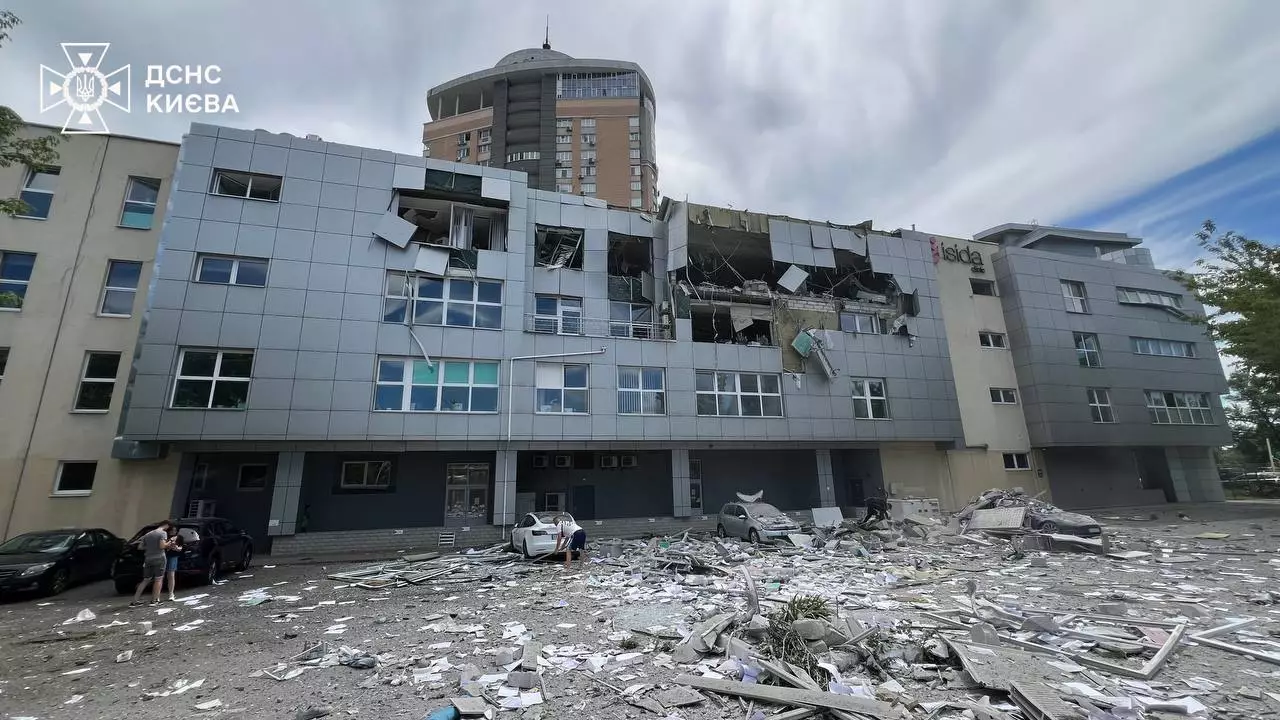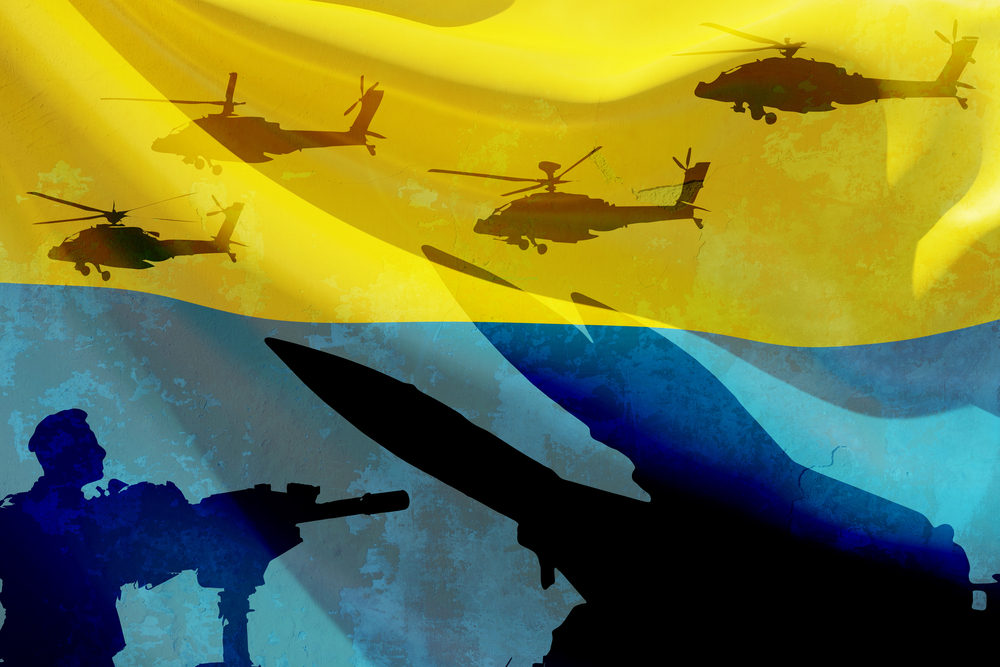Plans of unlimited terror revealed in the scandalous audio recording by BYPOL [the BYPOL initiative was founded by opposition-minded former law enforcement officers of Belarus] include an intention to set up a separate labour camp for political prisoners in Belarus. In fact, a network of concentration camps capable of accommodating more than 5,000 people is already operating in Belarus. One of them was used in mid-August 2020 to forcibly hold in custody about 1,000 detainees for participating in peaceful protests.
Officially, these camps are called medical and labour dispensaries (MLD). There are eight of them, and they are scattered all over the country. When, as a result of the three-day terror of 9-11 August 2020, the Belarusian detention centres were overcrowded, about 1,000 protesters (and accidentally detained people) were taken to a medical and labour dispensary No. 3 near the city of Slutsk.
 Despite a pleasant name, MLDs are not medical institutions, let alone dispensaries. In Soviet times, MLDs were under the jurisdiction of the Ministry of Health, and they provided certain medical procedures to those who violated public order and the rules of the “socialist way of life.”
Despite a pleasant name, MLDs are not medical institutions, let alone dispensaries. In Soviet times, MLDs were under the jurisdiction of the Ministry of Health, and they provided certain medical procedures to those who violated public order and the rules of the “socialist way of life.”
Now, they are controlled by the Ministry of Internal Affairs of Belarus, and they have become real penitentiaries behind barbed wire. These are the so-called dormitories where MLD prisoners live, in fact – ordinary prison camps. Some of their sections can accommodate 15-20 people, others – 50-100.
Here is how a prisoner describes the life of a modern MLD:
“I can say only about the MLD where I was – in Svetlogorsk. There, people are treated much worse than in prison. A person is simply killed morally… I know a person who almost never left an isolation ward. An isolation ward is a room that doesn’t even have a toilet. They give you a tank weighing 20 kilograms and you do your business… You can’t play, you can’t sleep, and you can’t read. Nothing is allowed! In a prison camp, one can at least take the Bible to read; in MLD – nothing is allowed.”
Belarusians Sent to Prison Camp
The very fact of the existence of MLD contradicts the Constitution, which allows imprisonment only for committing a crime. The authorities use MLD to make “undesirable elements” work. Have you ever wondered why there are so few homeless people in Belarus, especially during international events and penal colonies with very cheap labour?
 For a court to forcibly send a person to MLD, three administrative penalties related to alcohol consumption during a year are enough. A person can be imprisoned by coincidence and stupidity, for example, if the police notice a person drinking beer in the park several times, not even for a drunken binge and a party.
For a court to forcibly send a person to MLD, three administrative penalties related to alcohol consumption during a year are enough. A person can be imprisoned by coincidence and stupidity, for example, if the police notice a person drinking beer in the park several times, not even for a drunken binge and a party.
Thus, in fact, in August 2020, about 1,000 detainees were temporarily isolated in MLD No. 3 for participating in peaceful rallies, bypassing the existing rules and procedures. That is, the path to a labour camp has already been paved, and the authorities do not mind continuing to send Belarusians there, if necessary.
Background
The Viasna Human Rights Centre reports that Belarus is the only country in Europe that uses its own citizens suffering from alcoholism, drug addiction or substance abuse for forced labour in closed institutions. In the post-Soviet countries, the so-called medical and labour dispensaries (MLD) still exist only in Turkmenistan. Human rights activists and journalists of the Poleskaya Viasna talked to those detained in MLD No. 1 in Svetlogorsk, the oldest institution of this type in Belarus. The premises where MLD prisoners live are officially called dormitories, but in reality they are ordinary prison camps, divided into sections where prisoners are located. Some of them accommodate 15 people, others – 30, 60 and even 120 people, depending on the area. Electricity is given for two hours a day.
People are afraid that if the MLD administration finds out about their contacts with human rights defenders and journalists without the permission of this very administration, they may be punished. Therefore, they are asked not to take photos and not to mention names and other signs that would allow identifying those who communicated with journalists and human rights activists.
 “To put it in two words, it is a prison. Only with an exit. This is called “raskonvoyka” [the right to go outside the penitentiary institution without an escort]. Nobody cures us from addictions there. As they explain to us, we are isolated from society. Although, we are also sent to carry out community service – for free,” says a man who looks about 40 years old.
“To put it in two words, it is a prison. Only with an exit. This is called “raskonvoyka” [the right to go outside the penitentiary institution without an escort]. Nobody cures us from addictions there. As they explain to us, we are isolated from society. Although, we are also sent to carry out community service – for free,” says a man who looks about 40 years old.
Andrei Yeliseyeu, Chairman of the iSANS Monitoring Group, Director of the EAST Analytical Centre






 UA
UA FR
FR DE
DE




